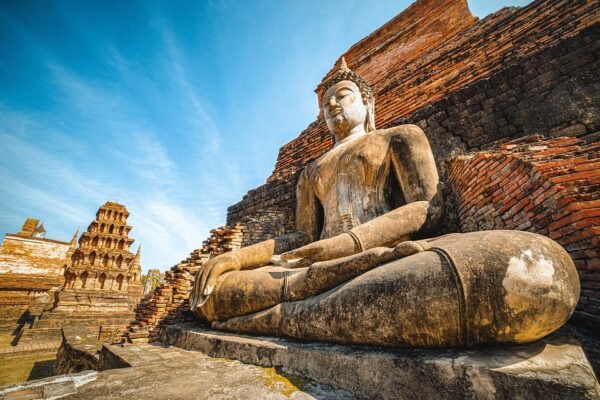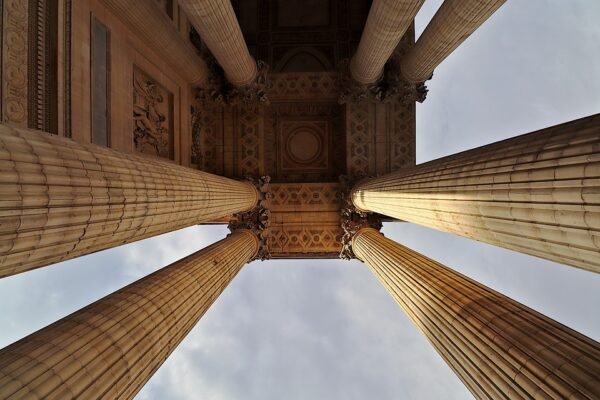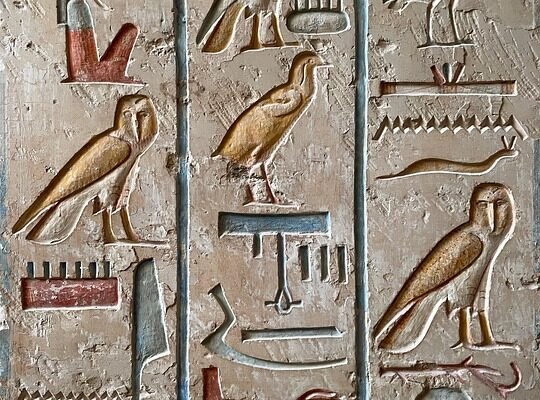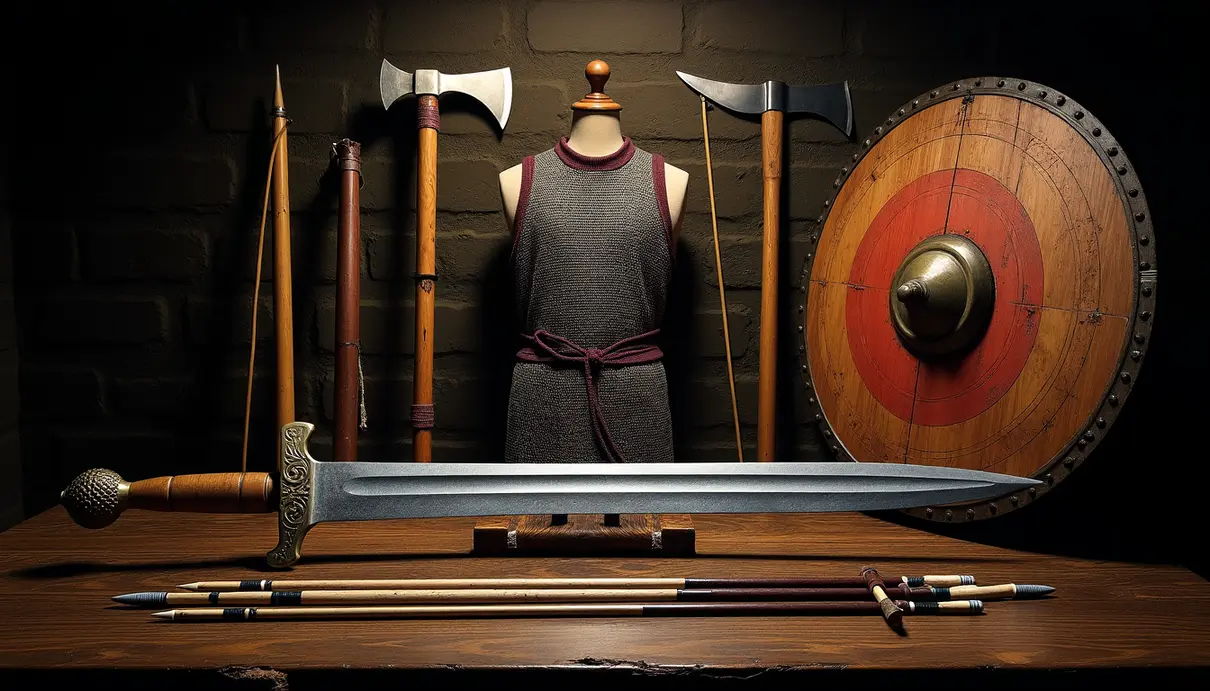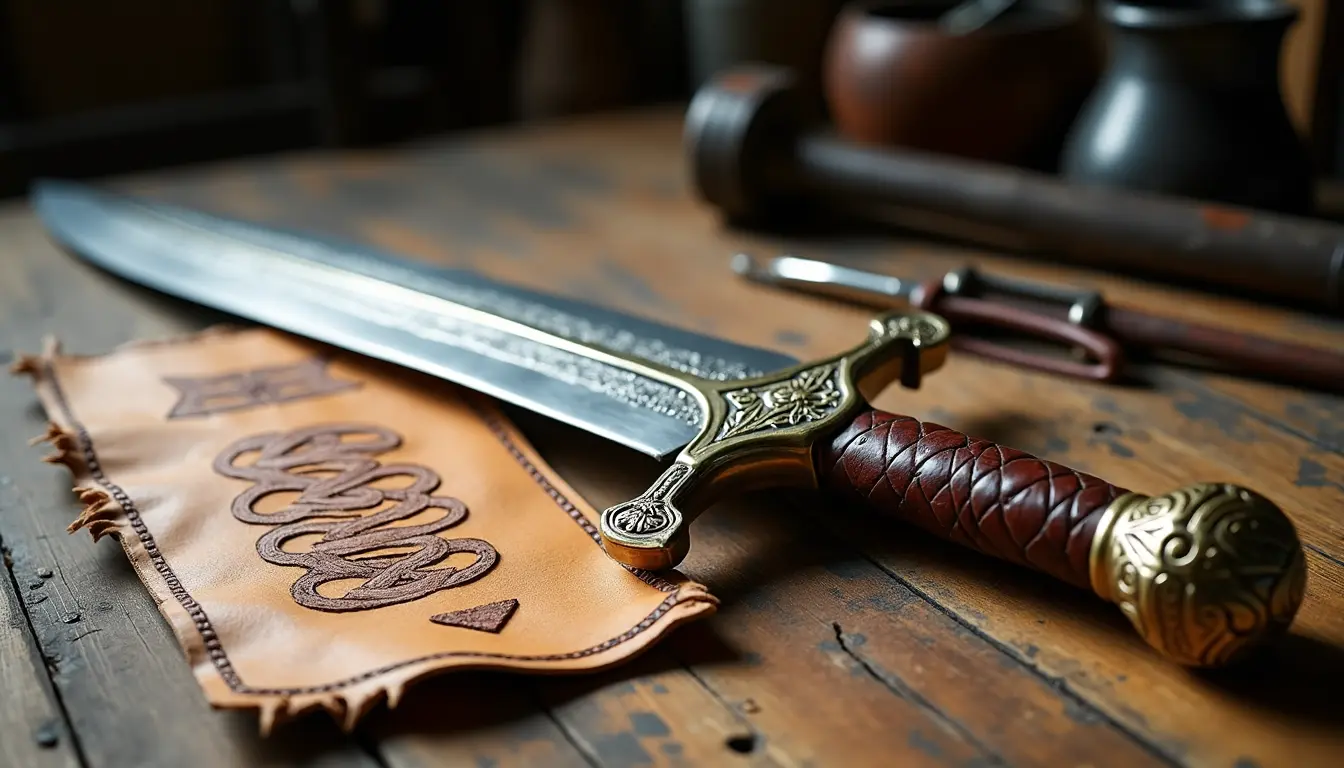
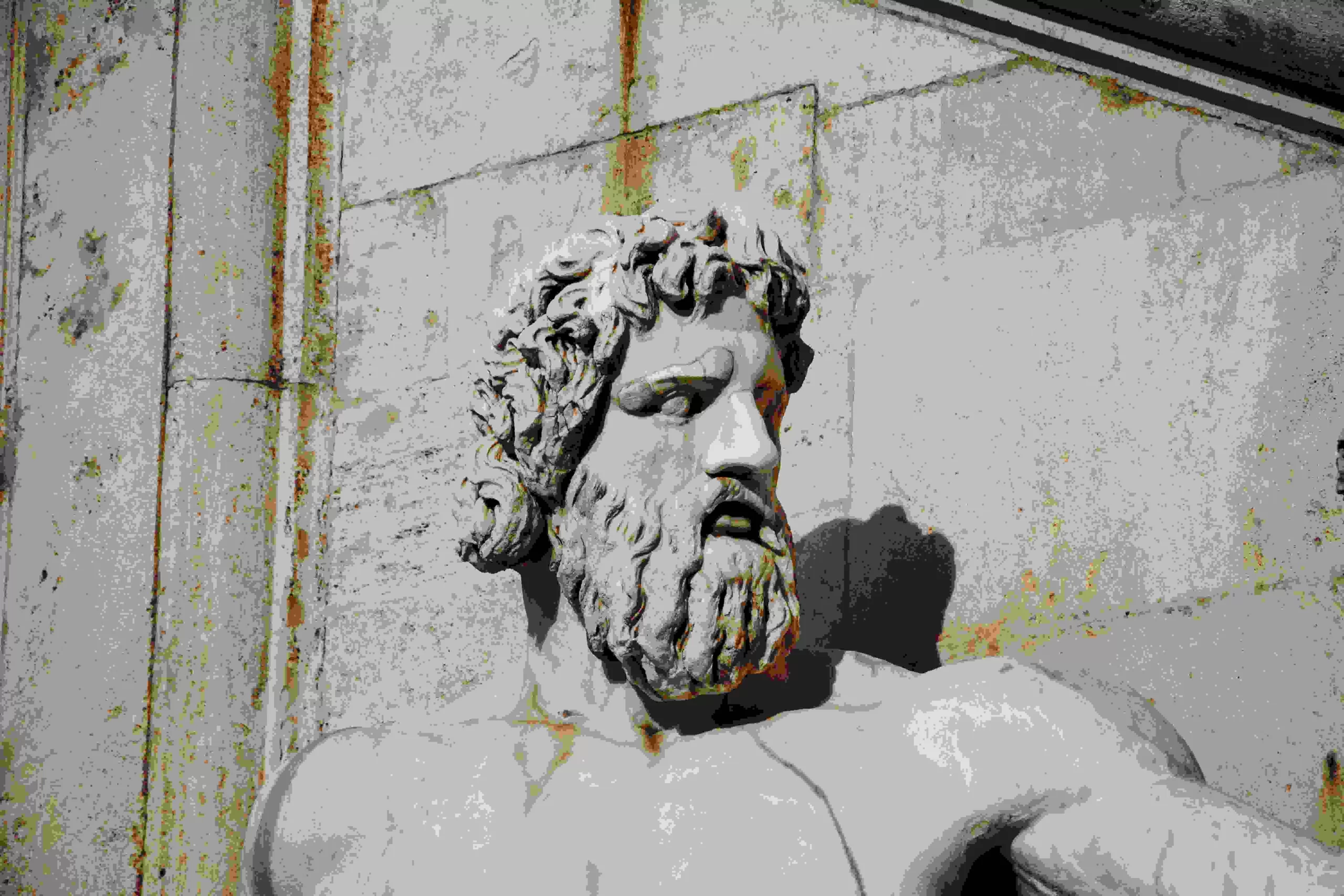
Who Was Hercules in Greek Mythology? Facts About Hercules! – Retro Timeline
Embark on a mesmerizing journey into the world of Greek mythology, where the lines between gods and mortals blur in tales of wonder and awe. Among the illustrious figures of Greek mythology stands Hercules, a beacon of unmatched strength and valor whose legendary deeds echo through the ages. From his extraordinary birth to his heroic exploits, Hercules captivates us as a timeless icon of ancient heroism.
Hercules, the son of Zeus, king of the gods, and the mortal Alcmena, embodies the unique blend of divine power and human vulnerability that defines a demigod. In this exploration of Hercules’ life and legend, we unravel the layers of his remarkable journey, delving into the fascinating facts that shape his enduring legacy.
The Birth and Parentage of Hercules:
The saga of Hercules commences with a celestial union that bridges the realms of gods and mortals, resulting in the birth of a demigod born of Zeus and Alcmena. The name “Hercules” itself holds deep meaning, derived from “Herakles,” signifying the glory and renown that encompassed his destiny. However, Hera, Zeus’ wife, casts a dark shadow over Hercules’ beginnings due to her jealousy and enmity towards him as the son of Zeus.
Twelve Labors of Hercules:
Central to Hercules’ myth are the Twelve Labors, a series of monumental trials that test his strength, character, and resolve. These labors go beyond physical challenges, embodying the essence of heroism as Hercules evolves from a reckless demigod to a mature figure of courage, humility, and perseverance. Each labor carries a moral lesson, symbolizing the multifaceted nature of Hercules’ journey and inspiring all who face challenges to overcome them with grace.
Unveiling the Labors:
The Twelve Labors of Hercules include iconic trials such as the Nemean Lion, the Lernean Hydra, the Ceryneian Hind, the Erymanthian Boar, and more. Each labor represents a unique test of Hercules’ abilities and virtues, showcasing his growth and transformation from a mere demigod to a legendary hero.
Hercules’ Divine and Mortal Aspects:
Hercules’ character is a blend of godly and human traits, reflecting his demigod status and complex nature. His interactions with gods and humans reveal the intricate web of relationships and conflicts that shape his journey, highlighting his resilience and valor in the face of adversity.
Hercules’ Relationships and Tragedies:
Hercules’ life is marred by tragic events, including the loss of his wife, Megara, and their children due to Hera’s influence. Despite the heart-wrenching consequences of his actions, Hercules seeks redemption through acts of heroism and penance, showcasing his unwavering dedication to noble causes and self-improvement.
Theme and Facts about Hercules’ Story:
The myth of Hercules embodies timeless themes of destiny, free will, greatness, and heroism, resonating across cultures and generations. Hercules’ struggles and triumphs reflect the eternal human quest for strength, courage, and redemption, making him a symbol of enduring inspiration and resilience.
FAQs:
– Hercules, also known as Heracles, was born to Zeus and Alcmena in Greek mythology.
– Hercules is not featured in the “Thor: Love and Thunder” movie, as he belongs to Greek mythology.
– Hercules had two wives in Greek mythology, Megara and Deianira.
– Hercules was renowned for his immense strength, gifted by his divine parentage.
– While not a god of strength, Hercules symbolizes heroic virtues of courage and endurance in Greek mythology.
In conclusion, Hercules’ myth is a tapestry of lessons, themes, and inspirations that transcend time and culture, inviting us to explore the depths of heroism, resilience, and redemption through the legendary figure of the ancient hero.

